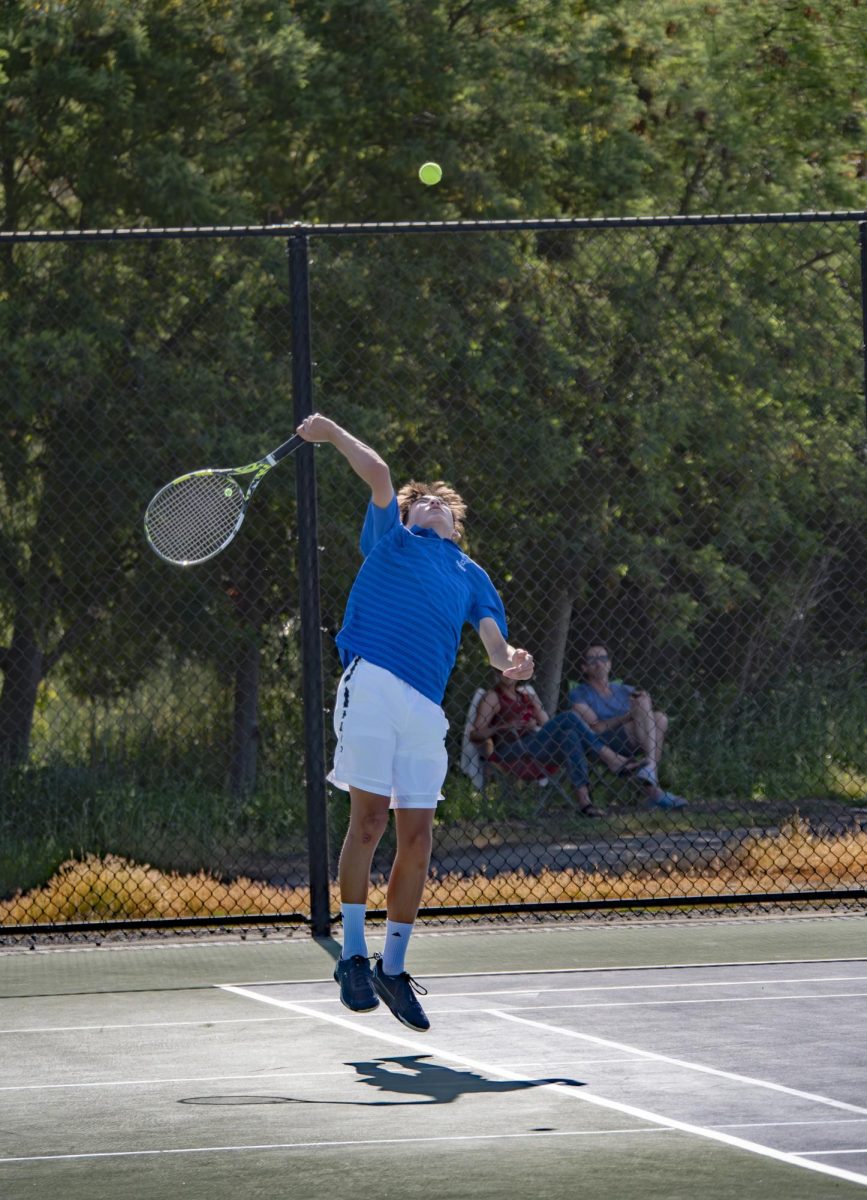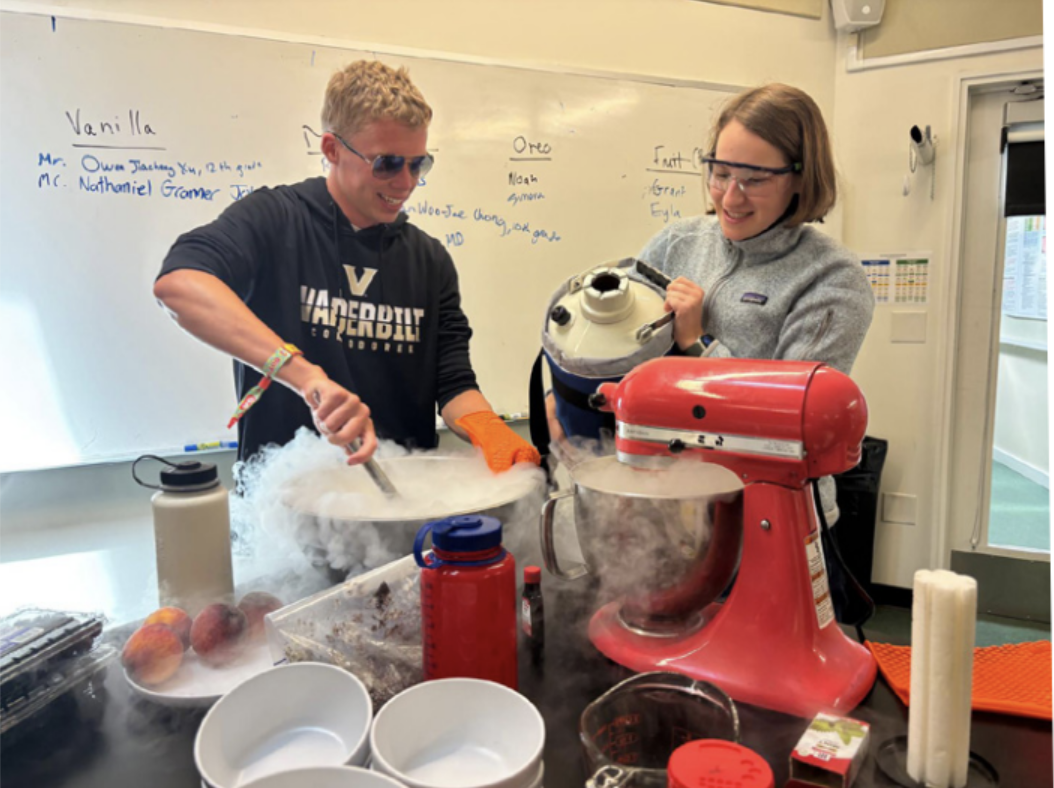For student-athletes, juggling athletic and academic responsibilities is a way of life, but it is not always easy. Here are some tips on how to stay involved and strike the perfect balance between the classroom and the playing field.
As many student-athletes will attest, participating in sports in middle school is radically different from doing so in high school. In fact, it’s a whole new ball game. Classes become harder and learning the ropes of high school as a ninth-grader requires a lot of time and energy. The pressure to excel in all areas of school requires time management, setting priorities and, sometimes, meaningful sacrifices. That said, student-athletes can still succeed in their sports, stay active on campus and keep up good grades if they employ the appropriate techniques.
The schedule change is a major shift from middle school to high school. Branson uses a block system for classes, with letter blocks A to H. Students have three or four 70-minute classes a day, depending on whether or not they have a free block. Although this schedule means longer classes, it also means having less homework per night. For example, if a student has class blocks A, B, C and D on Thursday, they technically only have to dedicate the Wednesday night before to doing homework for those classes. As a student-athlete, the time available to do homework can become very limited, so procrastination is not definitely not your friend. It is crucial that as ninth-graders students build good habits, as classes only become harder down the road.
High school often feels scary, and this transition isn’t easy for everyone; this is especially true for student-athletes. Luckily, Branson’s teachers ease their students into the curriculum and dedicate time every day to meeting with them. Even so, many students experience difficult times when they cannot complete an assignment by the due date, or when they get a grade back that does not reflect the time and effort they put in. In these cases, students need to communicate with their teachers. Meeting with teachers during Flex and free blocks is key to success.
It is so important that as athletes, students have planners. Because anyone can forget a deadline, having a planner can help to keep track of assignments, upcoming tests and sports practices.
To truly succeed in high school, taking care of both your physical and mental health is imperative. In order to reduce stress, it is important that every student has proper nutrition, gets enough sleep and finds ways to relax and recharge. Food is fuel, so staying away from junk food and seeking out whole foods is vital for students who are constantly pushing their bodies in a sport. Sleep is foundational, and getting enough rest is no joke; people’s sleep patterns deeply affect their performance in school and on the field. High school is a time of learning, growth and fun! If you have challenges in any of these areas, please don’t feel afraid to seek out assistance from trusted friends and adults. Building a network and support system with coaches, teammates, teachers, family and friends is key.
For student-athletes, sports can become all-consuming. The hours and hours of practice, competitions and recovery can seem never-ending. It is easy to forget that each player is more than the sport they participate in. Staying involved in social and learning activities on campus is equally important in rounding out one’s high school experience. Becoming involved in affinity spaces and clubs helps student-athletes make new friends, foster new hobbies and develop skills outside of academics and athletics.
Student-athletes are fortunate to have a sport they love and want to play in high school. The health benefits and team-building skills involved offer powerful tools for the future — on and off the field. And life is all about balance. Keep up with your classes, work hard on the field and recharge. It’s a tall order, but one that — if your head is in the game — is worth every minute!




